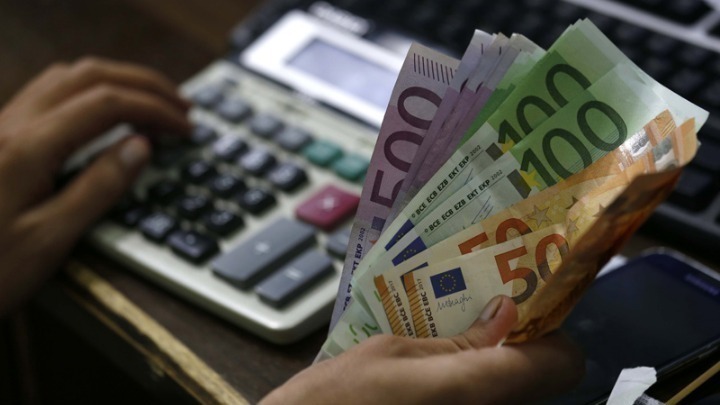The package of relief measures announced by Prime Minister Kyriakos Mitsotakis in Parliament this past week as part of his policy statement will be introduced in three stages: this year, 2024, and 2025-2026.
A draft law containing New Democracy’s campaign commitments for the elections held May 21 and June 25 is expected to be posted for public consultation this coming week, possibly as early as Monday. The bill tries to keep a balance between fulfilling promises to citizens without jeopardizing the country’s efforts to regain investment grade.
According to the bill, the measures will begin with the extension in August of the Market Pass for household shopping to October, while special tax fee reductions are expected gradually for freelancers and business owners over the next four years.
Specifically:
– Market Pass will be extended for three months, as of August, through October. The measure provides families with amounts ranging from 22 euros to 72 euros per month to fight high prices in basic food stuff. The benefit is based on income requirements (based on 2022 income filed this year).
– Young people turning 18 this year will be provided with a Youth Pass, crediting them with a supplement of 150 euros in their digital wallet or their bank account. The amount will be credited on an annual basis to all 18-year-olds each year.
– The tax-free ceiling will rise by 1,000 euros for wage earners, pensioners, and farmers with children, and will be applied as of January 1, 2024. Those without children will have the same tax-free exemption of 8,633 euros. A family with two children, for example, will have a tax-free exemption of 11,000 euros (from 10,000 euros).
– Pensions and penalties: The penalty of withholding 30% of a pension if a pensioner has another job after retiring is expected to be abolished. It will be replaced by a graded system based on work income.
– A rise in civil service wages through a new pay scale, that will include significant raises in family supplements and position bonuses, is expected. This will also raise the wages of a first-time employee from 780 euros a month today to 840 euros.
– Pensions will be raised again as of January 1, 2024 by the sum of inflation and growth rate divided by two. PM Mitsotakis mentioned upcoming increases of over 3%, while low-income pensioners will no longer pay a co-pay for medications.
– The property tax ENFIA will be reduced by 10% in 2024 for all owners who insure or will have insured their homes by the end of 2023.
– The extra annual fee paid by freelancers and independent owners will begin to be reduced until it is completely abolished. The reductions are scheduled as follows: by 20% in 2025, by 30% in 2026, and fully abolished in 2027.
– Living expenses required for tax filing will be reduced by 30% on average, through the mandatory use of the myData electronic receipts/expenses platform of the tax services and the push for more e-transactions.
Two measures that were in effect in 2022 and not mentioned above are likely to be repeated in 2023. One relates to a one-off supplement for pensioners who did not qualify for any or a significant check increase, and the other to a one-off supplement for financially vulnerable families.
SOURCE; ANA-MPA







